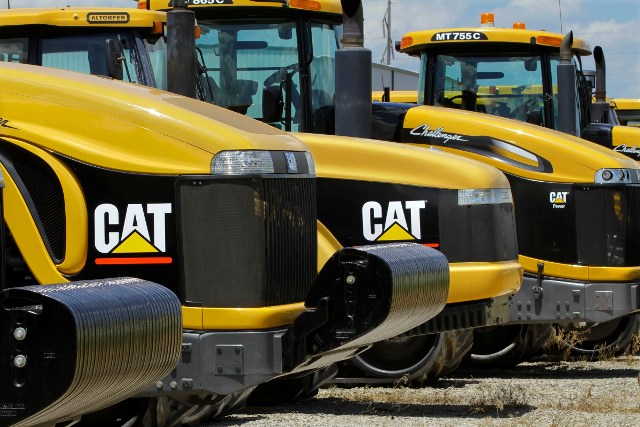Seven Mercedes-Benz Econic NGT (Natural Gas Technology) models with an environmentally friendly natural gas drive system and extensive safety features are set to take over waste collection and disposal duties in the city of Stuttgart, Germany.
The vehicles have been delivered to Dr Thomas Heß, CEO of the local authority-owned enterprise AWS Abfallwirtschaft Stuttgart, and Dirk Thürnau, Technical Mayor of the City of Stuttgart, where the new natural-gas vehicles having already proven their worth during trials that have been running in Stuttgart for the past six weeks.
AWS Stuttgart has been involved with the Econic and Econic NGT from the outset as a development partner. The local authority-owned enterprise has provided some valuable suggestions on the specific operational requirements for the waste disposal vehicle of the future. Econic product manager Peter Bauer confirms that this forward-thinking investment will make an important contribution towards ensuring a positive environmental track record. The key reason behind this lies in the innovative drive technology with economical fuel consumption combined with very low CO2 and noise emissions.
For the first time the seven new Econic NGT models in Stuttgart feature the new Euro VI M 936 G natural gas engine with a displacement of 7.7L and a powerful output of 222 kW (302 hp). The configuration of the fuel-efficient BlueTec in-line 6-cylinder engine is, in many respects, identical to that of a conventional diesel engine; however, the natural gas engine in the Econic NGT burns a prepared mixture of natural gas and air rather than a diesel/air mix.
Due to the combustion of the alternative fuel natural gas by the monovalent, innovative Econic natural gas engine produces virtually no particulate or fine dust emissions, compliance with Euro VI limit values can be achieved without the need for SCR technology with AdBlue, post-injection processes and particulate filters for exhaust gas cleaning. The CO2 emissions measured during AWS Stuttgart’s operations are actually around 23 percent lower than those of a Euro VI diesel engine, and where biogas is used, it is possible to reduce CO2 levels even further.















